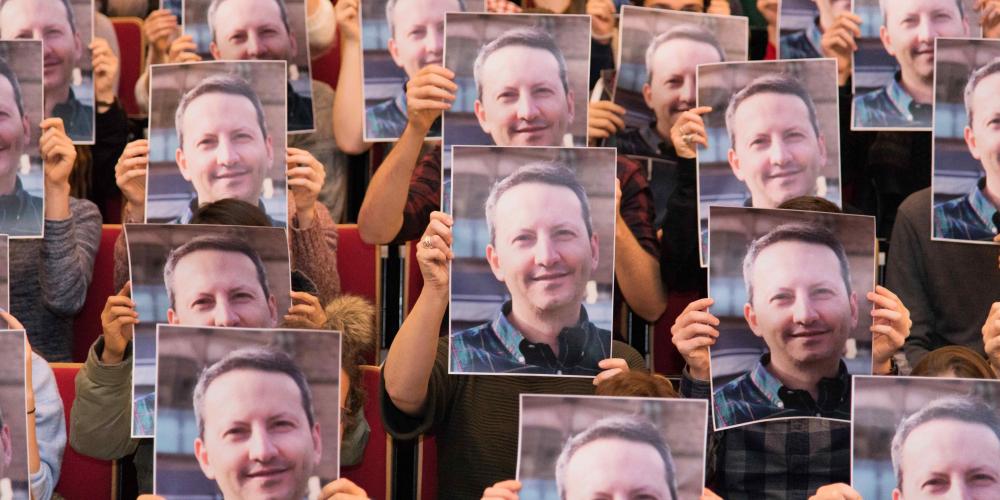
Amnesty International raises serious concerns about the health of Ahmadreza Djalali, who has suffered a heart attack in the notorious Evin prison in Tehran. According to his wife, Vida Mehrannia, despite his critical medical condition, he had to wait three hours before being taken to the prison infirmary. There, a heart attack was confirmed – something Dr Djalali, who is himself a doctor, had already suspected based on his symptoms.
“Ahmadreza Djalali must immediately receive all necessary medical care and be reunited with his family in Sweden. Iran must release him, and both Sweden and Belgium must do everything in their power to make that happen. His life depends on it,” said Wies De Graeve, Director of Amnesty International Flanders.
Dr Djalali reportedly has still not been examined by a specialist, such as a cardiologist. Amnesty points out that the prison clinic is inadequately equipped to deal with serious medical conditions, and that Dr Djalali must be given immediate access to hospital treatment outside the prison. He must also be allowed to remain in hospital for as long as necessary, without being forced to return to prison prematurely. A sudden interruption of care could further endanger his health. Every effort must be made to prevent his condition from deteriorating further.
Amnesty International has long been calling on Iran to grant Dr Djalali access to hospital treatment for the serious health issues he has developed in detention. News of the heart attack only heightens the urgency of this demand.
"Close to breaking point"
The lack of medical care for detainees is a recurring human rights issue in Iran. Amnesty International has documented this in numerous reports and campaigns, repeatedly highlighting how Iranian authorities delay or deny access to adequate healthcare – particularly for prisoners held on politically motivated charges.
At the end of April, Dr Djalali said he was “close to breaking point” in an audio message recorded from prison, released on the ninth anniversary of his arrest in Iran.
Source: Amnesty International